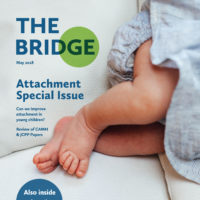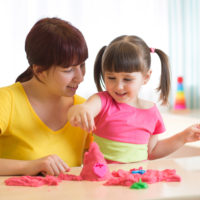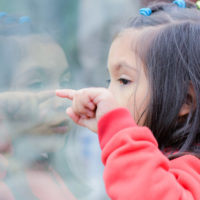ACAMH Website Content Types
-

OCD – Obsessive Compulsive Disorder
People with Obsessive Compulsive Disorder (OCD) experience unpleasant and intrusive thoughts, images, doubts or urges (called obsessions) and repetitive behaviours (called compulsions). Compulsions are usually carried out as a way of reducing the distress caused by obsessions. OCD takes many different forms and causes distress and interference to day-to-day life.
Read more -

-

Psychotherapies
Psychotherapies are commonly used therapies for children and young people. They can help children and families understand and resolve problems, change their behaviour and change the way they think and feel about their experiences.
Read more -

Self-harm & Suicide
Self-harm is an increasingly recognised phenomenon and one of the strongest predictors of suicide, which continues to be one of the leading causes of death in young people worldwide. Self-harm can take many forms and may present with or without suicidal intent and both in the context of mental disorder, and without.
Read more -

The Attachment Issue
Welcome to the May 2018 edition of the Bridge. This edition is themed around attachment in young children.
Read more -

Positive parenting reduces risk of callous-unemotional traits
New data published in the Journal of Child Psychology and Psychiatry, from the Wirral Child Health and Development Study (WCHADS) show that a child’s responsiveness to other’s emotions may be increased by the responsiveness and warmth of their mother during infancy.
Read more -

Can we improve attachment or attachment-related outcomes in young children?
Summary of attachment-related research, interventions and outcomes from Professor Jane Barlow, ex-Editor-in-Chief of the Child and Adolescent Mental Health journal.
Read more -

Diagnostic framework for attachment disorders needs improving
Reactive and Disinhibited Attachment Disorders (RAD and DAD) occur when infants and young children have not been able to form an attachment to their primary caregiver, but questions have been raised as to whether these disorders are being over-diagnosed in adopted children.
Read more -

A harsh parenting team?
Guest blog from Dr Rachel Latham, Postdoctoral Research Associate, King’s College London on whether high quality coparenting can buffer children’s behaviour from the negative impact of harsh parenting.
Read more -

Detaching RAD from DSED: the rationale and research requirements
In order to view this content, you need to be an ACAMH member. Membership starts from just 11p a day. We hope you consider joining and being part of the advancement of child and adolescent mental health.Read moreCurrent members will need to be registered as a website user and log in, our guide to this simple process can be accessed here.